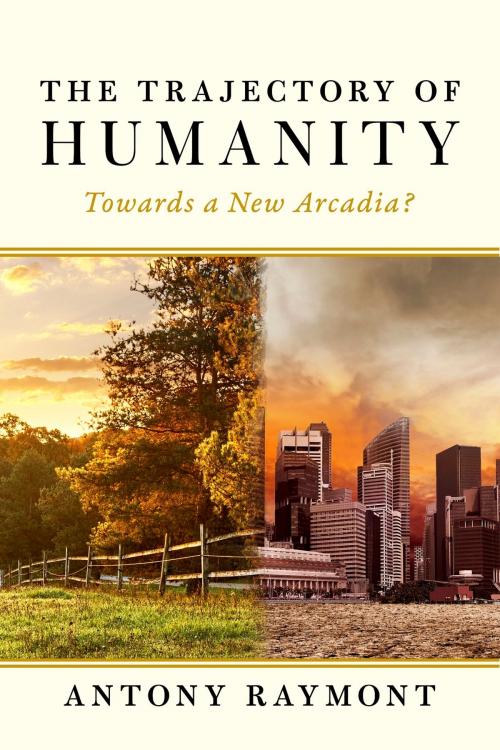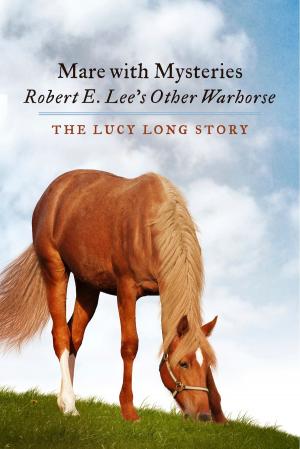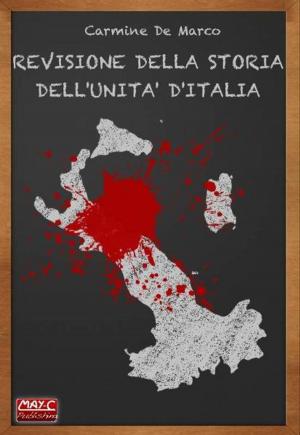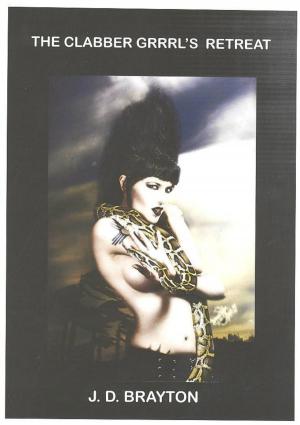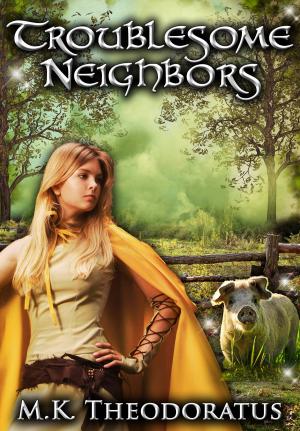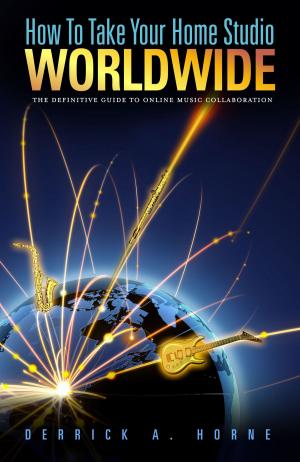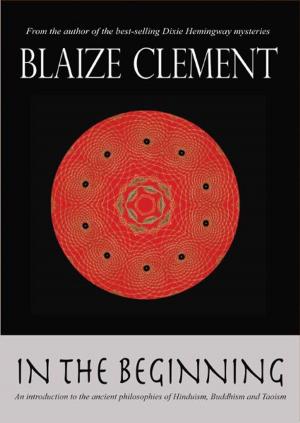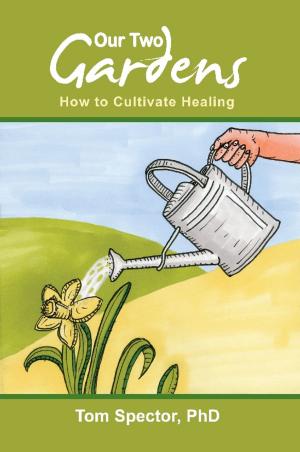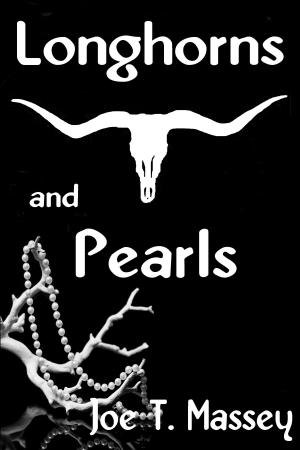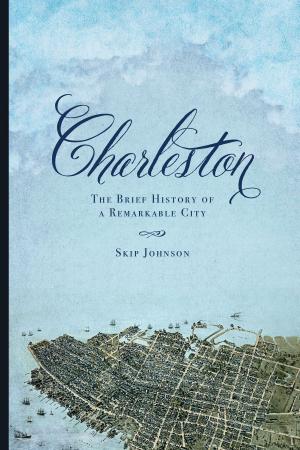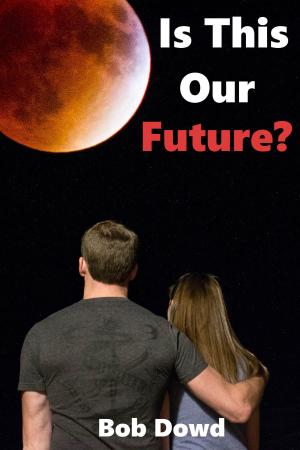| Author: | Antony Raymont | ISBN: | 9781483547398 |
| Publisher: | BookBaby | Publication: | December 22, 2014 |
| Imprint: | Language: | English |
| Author: | Antony Raymont |
| ISBN: | 9781483547398 |
| Publisher: | BookBaby |
| Publication: | December 22, 2014 |
| Imprint: | |
| Language: | English |
This essay is intended to address the issue of the future of humankind and of the earth our home. It acknowledges the problems we face from poverty to pollution and from anxiety to species loss. Humankind has replaced natural evolution with social and technological evolution, and if we are to survive we must take control of the process. I write, not as an expert, but as a generalist encouraged by the emergence of thought from multiple disciplines and perspectives which, it seems to me, can now be put together to form a consistent narrative. The essay begins by looking at Gauguin’s questions (D’où venons nous? Que sommes nous? Où allons nous) and concludes that, while we have evolved from the dust by a mechanical process, we are part of a unitary universe. We are, to some extent, controlled by our past behaviour as a race, particularly by the adoption of a dominator-based model of social life, and there is the likelihood that this is effectively a dead-end in social evolution. There is also the hope that the progression of social consciousness may allow us to change direction towards cooperation so that we can meet the needs of our species and preserve the natural world on which we are dependent. If we are to do this we shall have to change the organisation of societies and their relations with each other, our inter-personal behaviour and self-awareness, and the spirit of the model that constrains us. I offer this work to the changing consciousness of our world; it has been, for me, an entrancing voyage of discovery.
This essay is intended to address the issue of the future of humankind and of the earth our home. It acknowledges the problems we face from poverty to pollution and from anxiety to species loss. Humankind has replaced natural evolution with social and technological evolution, and if we are to survive we must take control of the process. I write, not as an expert, but as a generalist encouraged by the emergence of thought from multiple disciplines and perspectives which, it seems to me, can now be put together to form a consistent narrative. The essay begins by looking at Gauguin’s questions (D’où venons nous? Que sommes nous? Où allons nous) and concludes that, while we have evolved from the dust by a mechanical process, we are part of a unitary universe. We are, to some extent, controlled by our past behaviour as a race, particularly by the adoption of a dominator-based model of social life, and there is the likelihood that this is effectively a dead-end in social evolution. There is also the hope that the progression of social consciousness may allow us to change direction towards cooperation so that we can meet the needs of our species and preserve the natural world on which we are dependent. If we are to do this we shall have to change the organisation of societies and their relations with each other, our inter-personal behaviour and self-awareness, and the spirit of the model that constrains us. I offer this work to the changing consciousness of our world; it has been, for me, an entrancing voyage of discovery.
